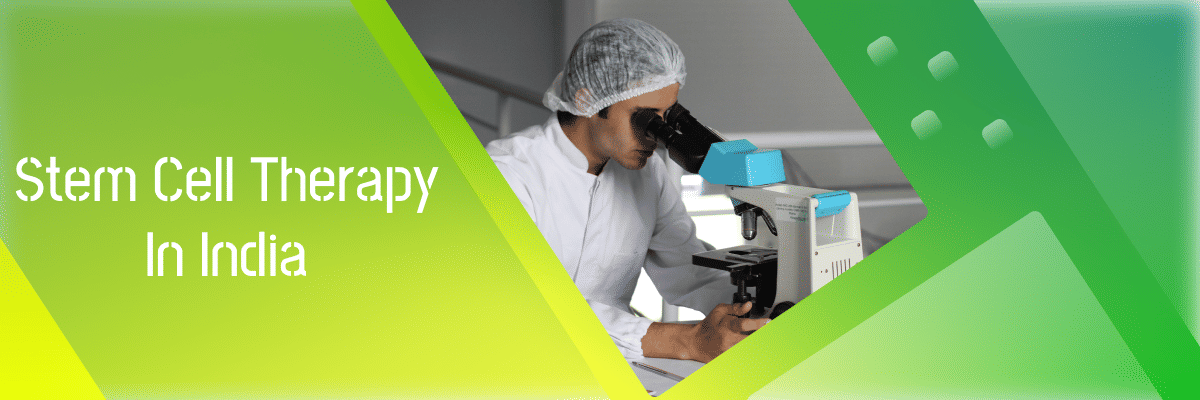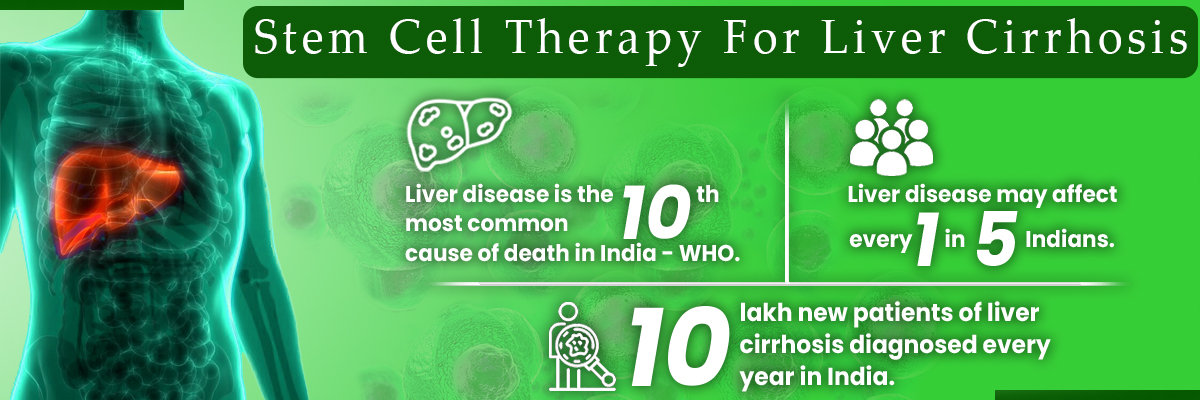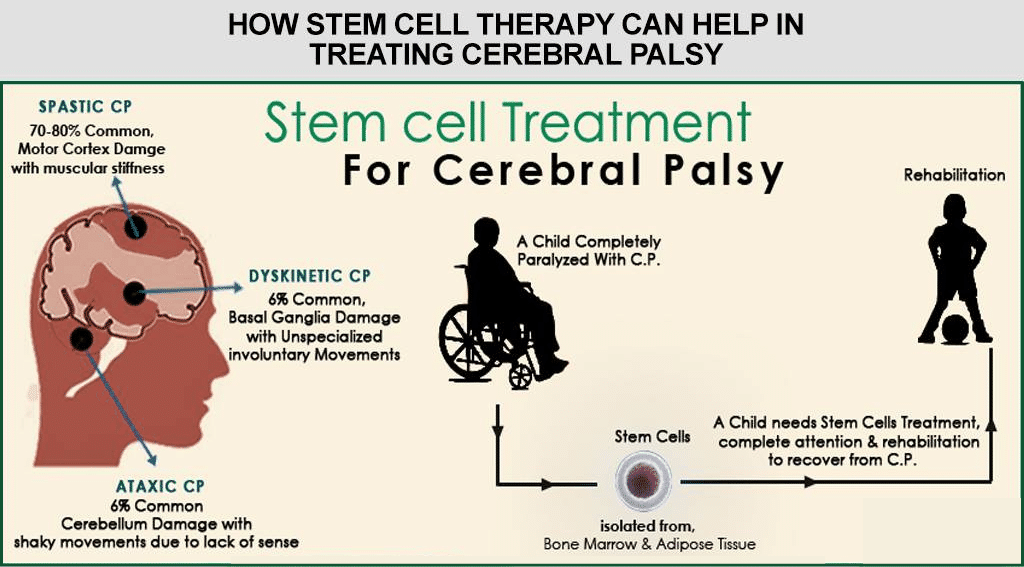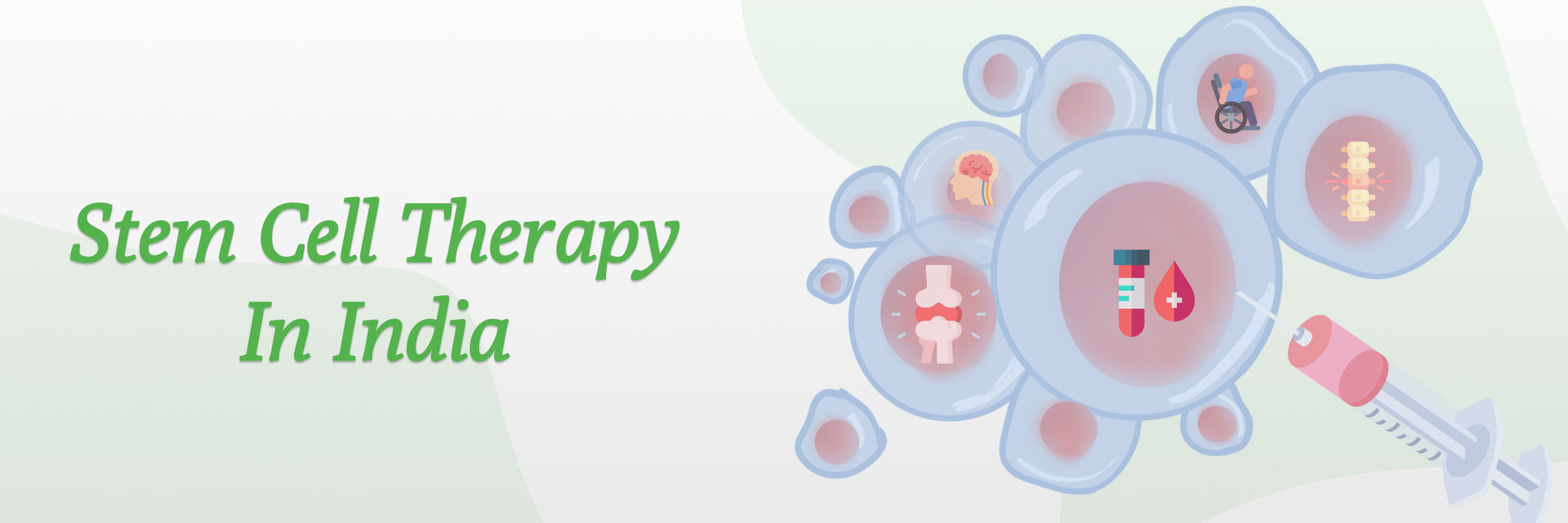Introduction
Transverse Myelitis (TM) is a rare but devastating neurological disorder characterized by inflammation of the spinal cord. This condition can cause significant neurological deficits, including motor and sensory dysfunctions, autonomic disturbances, and even complete paralysis. In India, the incidence of TM is not well-documented, but the burden of neurological disorders is rising, reflecting the global trend. TM often affects individuals between 10-19 and 30-39.
According to a study published in the Journal of Clinical Neurosciences, the prevalence of neurological disorders in India ranges from 967-4,070 per 100,000 population. This underscores the need for advanced therapeutic interventions, such as stem cell therapy, which is gaining traction as a promising treatment option for TM. This blog will delve into the potential of stem cell treatment for Transverse Myelitis, providing a thorough overview of its effectiveness, regulatory status, and practical considerations.
Dr. Pradeep Mahajan, a renowned expert in regenerative medicine, has been pioneering stem cell treatments for various conditions, including Transverse Myelitis, offering hope to many sufferers.
Understanding Transverse Myelitis
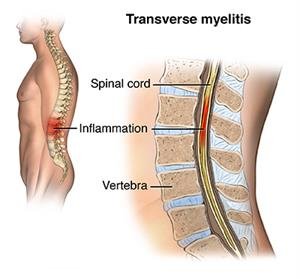
Definition and Causes
Transverse Myelitis involves inflammation across both sides of one spinal cord segment, which disrupts the normal functioning of the central nervous system. The causes of TM can be broadly categorized into:
- Infectious: Viral, bacterial, or fungal infections.
- Immune-mediated: Conditions like multiple sclerosis (MS) and neuromyelitis optica.
- Idiopathic: Unknown origins, which constitute a significant percentage of cases.
Symptoms and Diagnosis
Symptoms of TM typically develop rapidly over hours to days and can include:
- Weakness in arms or legs
- Sensory alterations such as numbness or tingling
- Pain, often in the lower back
- Bowel and bladder dysfunction
Diagnosis is primarily clinical, supported by imaging studies like MRI and laboratory tests, including cerebrospinal fluid analysis.
Current Treatments for Transverse Myelitis
- High-dose corticosteroids: To reduce inflammation.
- Plasma exchange therapy: For patients who do not respond to steroids.
- Immunosuppressive drugs: To manage underlying autoimmune conditions.
- Symptomatic treatment: Including pain management and rehabilitation.
Despite these treatments, many patients suffer from significant long-term disabilities, highlighting the need for novel therapeutic approaches.
Understanding Stem Cell Therapy
Have you ever wondered how stem cells can revolutionize medical treatments? Stem cell therapy is a groundbreaking approach that offers new hope for treating many neurological disorders.
Stem cells are unique cells that can develop into many different cell types in the body. They can repair and regenerate damaged tissues, making them incredibly valuable in medical treatments.
Types of Stem Cells
Embryonic Stem Cells
These are derived from early-stage embryos and can become any cell type in the body, offering great potential for regenerative medicine.
Adult Stem Cells
Found in various tissues, such as bone marrow or fat, these cells are more limited in their ability to differentiate but are crucial for repairing and maintaining tissues.
Induced Pluripotent Stem Cells (iPSCs)
These are adult cells reprogrammed to behave like embryonic stem cells, providing a versatile and less controversial source of stem cells.
| Type of Stem Cell Treatment | Description | Advantages |
|---|---|---|
| Autologous Stem Cell Transplantation | Uses the patient's stem cells, reducing the risk of immune rejection. | Lower risk of rejection and no need for donor matching. |
| Allogeneic Stem Cell Transplantation | Stem cells are taken from a donor, advantageous if the patient's cells are not viable. | Potential for higher viability and functionality. |
Contact us today! Learn more about the revolutionary potential of stem cell therapy for treating Transverse Myelitis today.
Ever wondered how stem cell therapy is changing the landscape for treating complex conditions like Transverse Myelitis? Let's dive into how this innovative treatment works and its potential benefits.
Stem Cell Treatment for Transverse Myelitis
Diagnosis and Evaluation
The first step involves a thorough diagnosis and evaluation by a medical professional to determine the severity and specific needs of the Transverse Myelitis patient. This includes imaging studies like MRI and a comprehensive neurological examination.
Stem Cell Sourcing and Preparation
Stem cells can be sourced from the patient's own body (autologous) or a donor (allogeneic). These cells are then processed and prepared in a lab to ensure they are viable and safe for transplantation.
Treatment Procedure
The prepared stem cells are injected into the affected area, typically around the spinal cord. This procedure is usually done under local anesthesia and guided by imaging techniques to ensure precision.
Benefits of Stem Cell Therapy for TM
Potential Improvements and Outcomes
Stem cell therapy aims to repair and regenerate damaged nerve cells in the spinal cord. Patients may experience reduced pain, improved muscle strength, and better overall functionality. Clinical studies have shown promising results, with many patients reporting significant improvements in their quality of life.
Comparative Benefits Over Traditional Treatments
Traditional treatments for Transverse Myelitis, such as steroids and physical therapy, often provide only temporary relief and do not address the underlying damage. On the other hand, stem cell therapy offers a more targeted approach, potentially leading to long-term improvements and reducing the need for ongoing medication.
Stem Cell Treatment in India for Neurological Diseases
India has significantly contributed to regenerative medicine, including stem cell therapy. The country's robust healthcare infrastructure and advanced research facilities have positioned it as a hub for innovative treatments.
Regulatory Framework
The Indian Council of Medical Research (ICMR) provides guidelines for stem cell research and therapy in India. While the regulatory framework is evolving, the ICMR emphasizes the need for rigorous clinical trials to establish the safety and efficacy of stem cell treatments.
Hospital for Stem Cell Therapy in India
Several hospitals and clinics offer stem cell therapy in India. Some of the top institutions include:
1. StemRx Bioscience Solutions Private Limited (Dr. Mahajan’s Hospital) Navi Mumbai
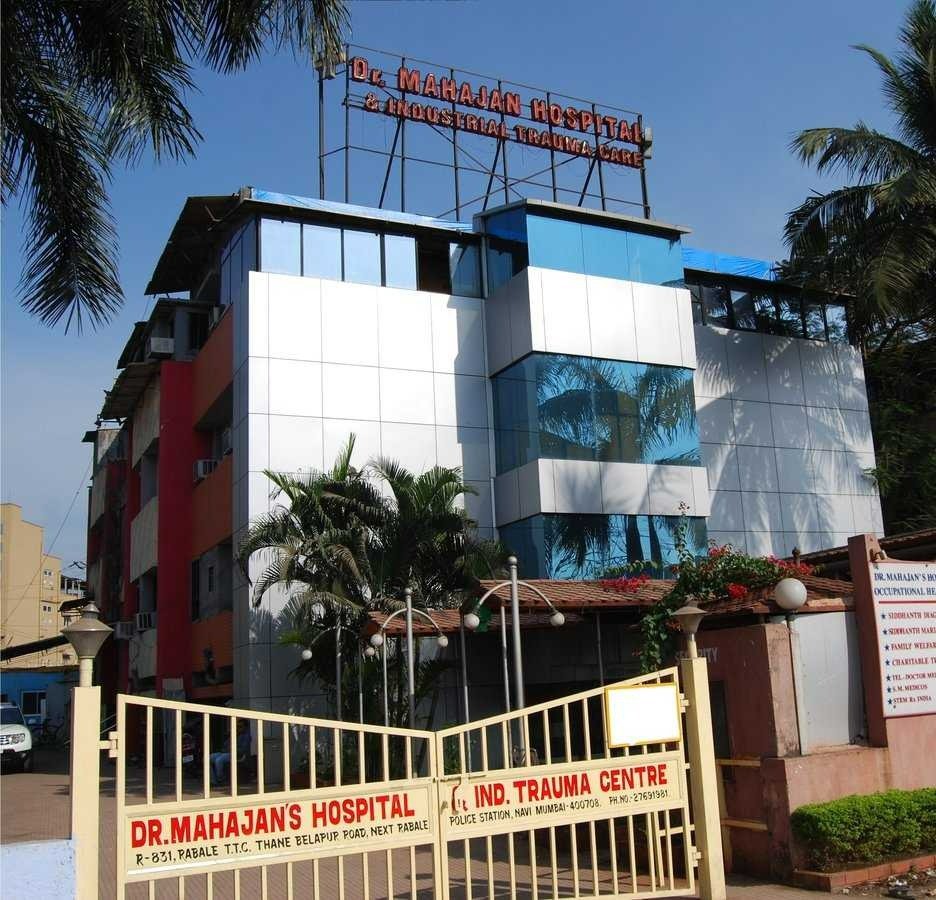
With a team of experienced scientists and medical professionals, STEMRX is at the forefront of developing and implementing advanced stem cell treatments designed to improve patient outcomes and quality of life. The institute is known for its commitment to ethical practices and adherence to regulatory guidelines, ensuring safe and effective patient treatment options.
- Specialities: Stem cell research and therapy, regenerative medicine
- Services: Innovative stem cell treatments for various neurological conditions.
- Notable Achievements: Known for its cutting-edge research in stem cell therapy and successful application of these therapies in clinical settings
2. NeuroGen Brain and Spine Institute, Mumbai
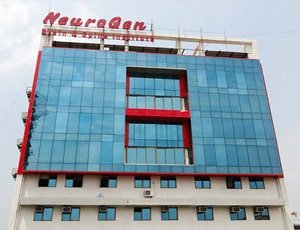
NeuroGen Brain and Spine Institute is an organisation and a concept that aims to provide stem cell therapy for individuals with incurable neurological disorders. NeuroGen's team works under the same roof to give the patients hope and the best treatment.
- Specialities: Neurogenetics, neurorehabilitation, stem cell therapy
- Services: Comprehensive treatment, including stem cell therapy, neurorehabilitation, and follow-up care
- Notable Achievements: Recognized for pioneering stem cell therapy for neurological disorders in India
3. Medanta - The Medicity, Gurgaon
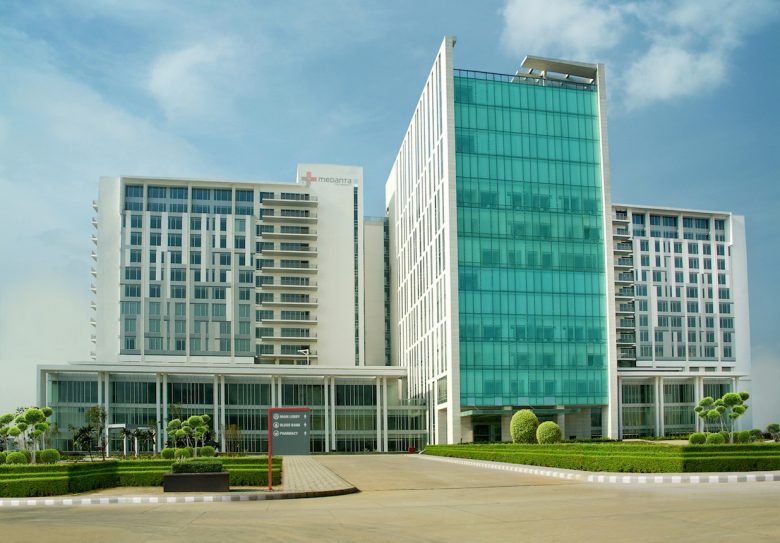
- Specialties: Multi-specialty hospital with a focus on neurology and regenerative medicine
- Services: Advanced stem cell therapy, rehabilitation, and personalized treatment plans
- Notable Achievements: Known for its state-of-the-art facilities and experienced medical professionals
4. Kokilaben Dhirubhai Ambani Hospital, Mumbai

- Specialties: Neurology, neurosurgery, regenerative medicine
- Services: Cutting-edge stem cell therapy, neurorehabilitation, and comprehensive care.
- Notable Achievements: Leading hospital in India with a focus on innovative treatments
5. AIIMS, New Delhi
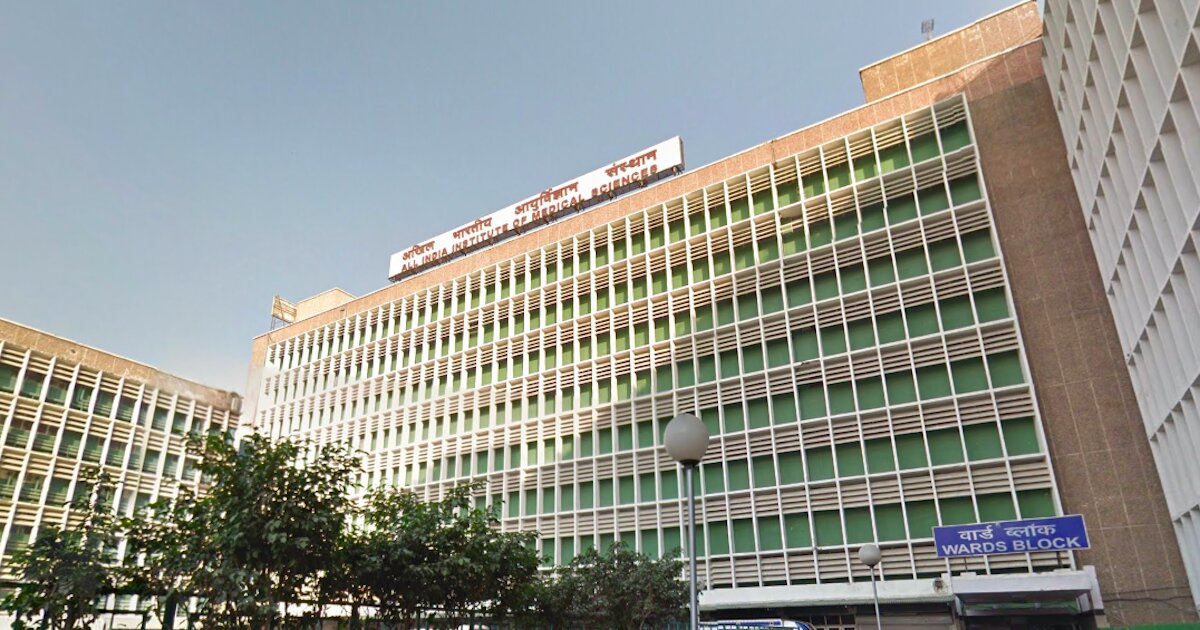
- Specialities: Premier medical institute in India, offering a wide range of medical services, including stem cell therapy
- Services: Multidisciplinary approach to various diseases, stem cell therapy and rehabilitation
- Notable Achievements: Renowned for its research and clinical excellence in neurology and regenerative medicine
6. Apollo Hospitals, Chennai

- Specialties: Multi-specialty hospital with expertise in neurology and regenerative medicine
- Services: Comprehensive stem cell therapy programs, rehabilitation, and follow-up care
- Notable Achievements: Recognized for its advanced medical technology and experienced healthcare professionals
Ever wondered what the latest research says about stem cell therapy for Transverse Myelitis? Let’s explore the current studies and highlight their potential.
Current Research on Stem Cell Therapy
Notable Studies and Their Findings
Recent studies have shown promising results for stem cell therapy in treating Transverse Myelitis. For example, a study published in the Journal of Neuroinflammation found that mesenchymal stem cells (MSCs) could reduce inflammation and promote repair in the spinal cord. Another Stem Cells Translational Medicine study reported significant functional improvements in TM patients treated with neural stem cells.
Ongoing Clinical Trials
Several clinical trials are currently underway to investigate stem cell therapy's efficacy for TM further. These trials aim to optimize treatment protocols, understand long-term outcomes, and identify the best types of stem cells for therapy. Participation in these trials offers hope for better treatment options and advancements in medical knowledge.
Have you ever wondered what risks stem cell therapy involves for Transverse Myelitis? It's essential to understand both the potential and the precautions of this advanced treatment.
Potential Risks and Side Effects
Short-Term and Long-Term Risks
While stem cell therapy holds promise, it is not without risks. Short-term risks can include infection, bleeding, and pain at the injection site. Long-term risks might involve immune reactions or the possibility of the stem cells differentiating into unintended cell types.
Managing and Mitigating Risks
To manage these risks, patients are carefully screened, and the stem cells are rigorously tested for quality and safety. Post-treatment monitoring is crucial to address any adverse effects promptly. Medical teams also follow stringent protocols to minimize infection and other complications.
Ethical and Regulatory Considerations
Ethical Issues Surrounding Stem Cell Research
Stem cell research, especially involving embryonic stem cells, raises ethical concerns. Issues revolve around the source of these cells and the implications of their use. However, induced pluripotent stem cell (iPSC) development has mitigated some ethical concerns, as these cells are derived from adult tissues without destroying embryos.
Regulatory Status in Different Countries
The regulatory status of stem cell therapy varies worldwide. In the United States, the FDA closely regulates stem cell treatments to ensure safety and efficacy. In contrast, some countries have more relaxed regulations, which can lead to variability in treatment standards. Patients should seek treatments in countries with stringent regulatory oversight to ensure they receive safe and effective care.
Conclusion
Stem cell therapy offers new hope for those with Transverse Myelitis, potentially improving pain, mobility, and overall quality of life. While there are risks and ethical considerations, the benefits and advancements in research make it a promising treatment option. It's crucial to stay informed and consult with medical professionals to determine the best action for individual cases.
Contact us today! Explore the transformative potential of stem cell therapy for Transverse Myelitis and make an informed decision today.
References:
https://wearesrna.org/resources/stem-cell-research-and-the-rare-neuroimmunologic-disorders/
